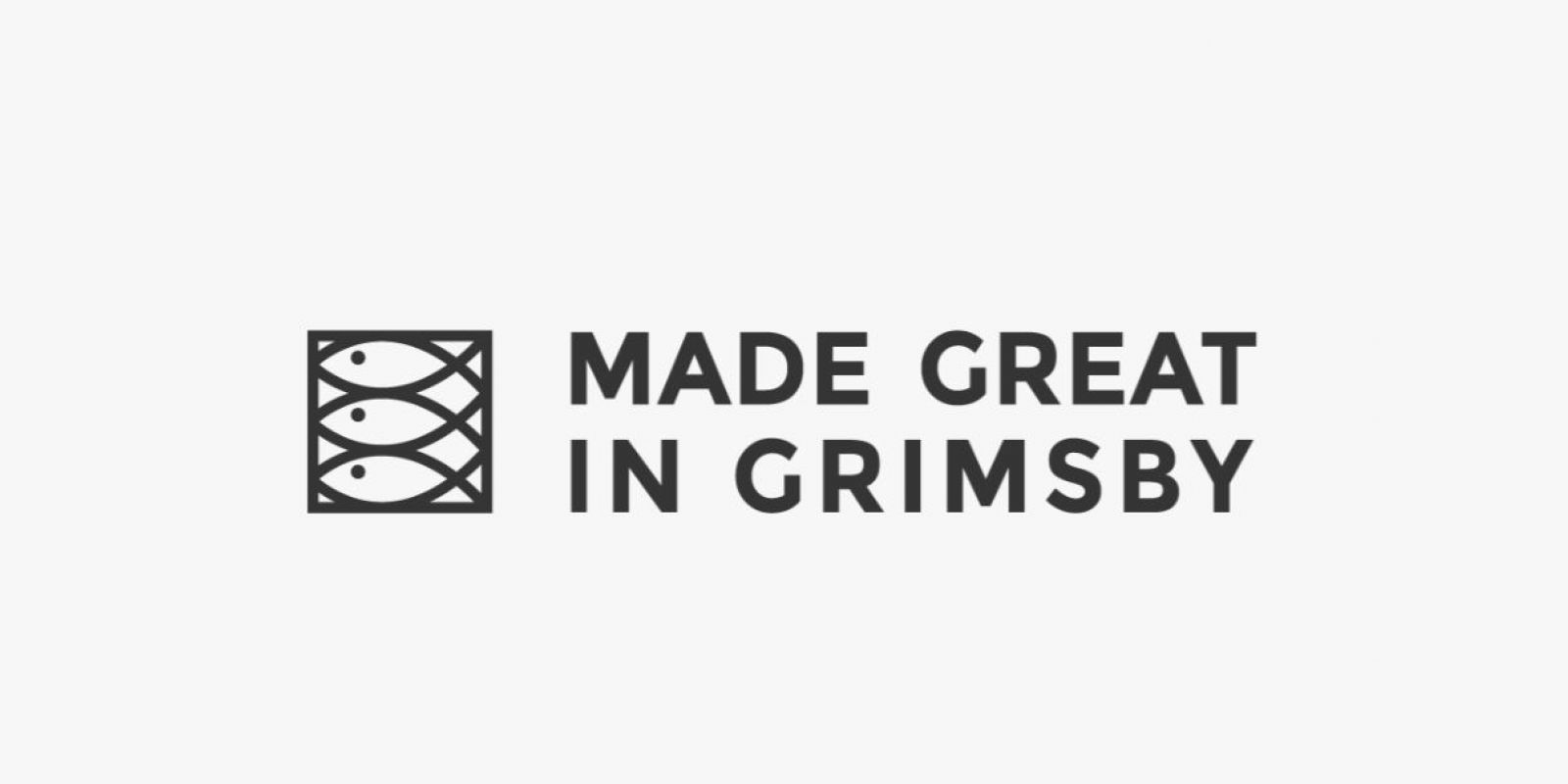Simon Dwyer runs a successful consultancy business, Seafox Management Consultants Ltd based in Grimsby, and sits on the influential Greater Lincolnshire LEP Food Board. Seafox manages several fish and seafood-related organisations in the Grimsby seafood processing cluster and also support all types of businesses with growth planning, leadership, and management coaching. Simon is passionate about the seafood sector, its history, and its future, and he shares his thoughts with us here.
From agriculture and fisheries to food processing, logistics and supply, Greater Lincolnshire employs 75,000 staff across the food chain, rising to 120,000 including catering and food retail. A remarkable 75% of England's seafood is processed in the UK's largest fish processing cluster in Grimsby. This makes Greater Lincolnshire unique and places us in an enviable position where we are working to become a global force for good in the healthy, sustainable, innovative food sector.
Simon’s background in maritime, shipping and logistics has led him to operate in senior and board-level positions for some of Europe’s largest transportation companies including Fred, Olsen, DFDS and Samskip.
He explains that the businesses in this unique cluster represent the whole value chain of processors and trading activity, from large employers all the way through to independent mobile fish vans that travel the length of the country selling fresh, healthy seafood direct to businesses and communities.
“During the past 12 months the larger employers have had to react to an increase in demand from their customers and retailers, particularly for increased frozen products,” says Simon. “At the same time they have had to protect their staff from Covid-19 by investing in PPE and other safety measures.
“During the first lockdown, and with support from the Greater Lincolnshire LEP's food security team, we issued daily coronavirus bulletins to businesses - mainly SMEs - signposting them to Government help schemes, and particularly to local rate relief and funding. This went on for many weeks until parts of food service including fish and chip shops unlocked.
“Grimsby has over 50 approved processing units and over 100 mobile fish vans, and we are pleased to say that all are still operating. And those with online ordering, courier delivery or their own delivery vans have actually seen a significant increase in sales during the past 12 months, showing both the resilience of the sector and the determination of these businesses.”
All of this coincided with the end of seamless EU trade, and Simon says the emphasis was moved to supporting all businesses in preparing for import and export trade with the EU and the EEA.
“In the main, most Brexit challenges and new procedures with imports have now been overcome, but the small amount of exports to France and other EU countries have diminished significantly mainly because of challenges around documentation,” says Simon.
And so the cluster launched its comeback #MadeGreatInGrimsby initiative that raises the awareness of the thousands of fish and seafood products produced daily in Grimsby. The trademarked logo can be found on the products themselves, on office walls and on merchandise worn by staff working in the industry.
“#MadeGreatInGrimsby has introduced online cook-alongs hosted by our adopted chef, Steven Bennett, aka the Lincolnshire Chef. We have hosted five cook-alongs with well known Grimsby celebrities including Loose Women TV show comedian Lee Peart and Grimsby Town’s record appearance goalkeeper James McKeown,” says Simon.
The outlook for the cluster is challenging, particularly with new administrative requirements and physical checks for all imports from the EU and the EEA of fresh and frozen fish and seafood. But Simon reflects that while the past year has presented challenges, the cluster has responded well and all businesses that were active 12 months ago are still trading. Initiatives such as #MadeGreatInGrimsby are breaking new ground.
"Our hope is to overcome Brexit hurdles in collaboration with our overseas trading partners and benefit from the economic growth the country looks forward to," says Simon.
The Greater Lincolnshire LEP is developing plans in a powerful collaboration with the food industry to create a globally important UK Food Valley to promote us as the UK capital for food, attract investment, collaborate on innovation and automation, and offer green, sustainable, healthy growth.
Watch Simon's short video here.
Click here to read our latest newsletter and watch other Lincolnshire Voices video messages.


